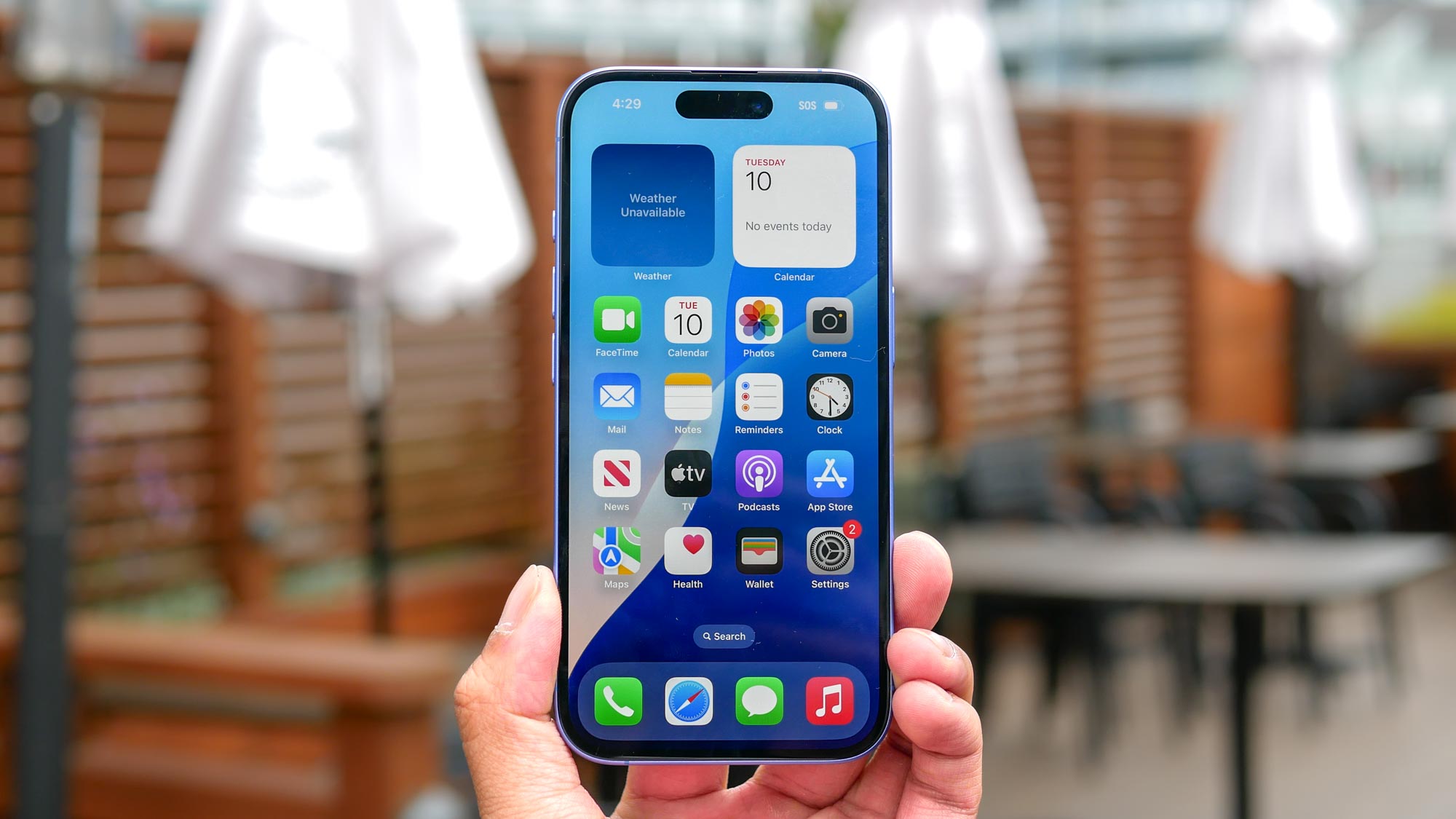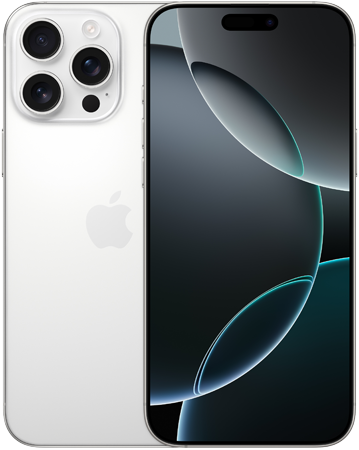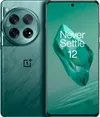FCC wants unlocked phone rules to change, but AT&T and T-Mobile have other ideas
Unlocked phones are bad, according to carriers

Earlier this year, the Federal Communications Commission proposed a new rule that would make unlocking phones and switching carriers easier.
The initial announcement was made on June 27, but the FCC officially proposed the rule change less than a month later on July 18. When a rule is officially proposed, typically, the FCC allows for comments and responses from the public.
Network carriers T-Mobile and AT&T released their response to the rule this week. The proposal would require carriers to unlock phones with 60 days of activation, even if under contract and not paid off.
The two carriers are arguing that unlocking phones so soon is actually harmful to their customers claiming that locking a phone to a provider makes the phones cheaper for both the companies and their customers. Consumer advocacy groups have said that the FCC's rule helps give people more choices and would lower their costs.
"If the Commission mandates a uniform unlocking policy, it is consumers—not providers—who stand to lose the most," the company wrote in an October 17 filing to the FCC. "T-Mobile noted that consumers risk losing access to the benefits of free or heavily subsidized handsets because the proposal would force providers to reduce the line-up of their most compelling handset offers
In July's Notice of Proposed Rulemaking, T-Mobile was specifically highlighted by FCC because of a policy where prepaid handsets sold by the sub-brand Metro are locked to the network for at least a year after purchase.
When you buy a phone, you should have the freedom to decide when to change service to the carrier you want and not have the device you own stuck by practices that prevent you from making that choice.
FCC Chairwoman Jessica Rosenworce
In T-Mobile's response (seen by Gizmodo) the company said, "A handset unlocking mandate would also leave providers little choice but to limit their handset offers to lower cost and offer lesser performing handsets."
Sign up to get the BEST of Tom's Guide direct to your inbox.
Get instant access to breaking news, the hottest reviews, great deals and helpful tips.
In the proposal the FCC argues that "Even after fully paying for the phone, [customer's] ability to switch to another provider is limited by the locked phone. Additionally, locked phones, particularly those tied to pre-paid plans, can disadvantage low income consumers, as they often lack the resources to switch carriers or buy new phones."
As we found in June, three big carriers are all over unlocking after 60 days, T-Mobile actually offered 40 days, as long as your device is completely paid off.
How carriers lock you in
Typically though, these contracts have customers locked to higher-tier plans with "free" devices that get paid off as part of the contract. As an example, T-Mobile is currently offering the iPhone 16 Pro for free with "24 monthly bill credits" with those credits going away if you cancel before two years is up and it requires a Go5G Next plan, which is T-Mobile's highest available tier and costs $180 per month (for up to 3 lines). In the FCC's plan, there would be a hard requirement for unlocking to solve some of the confusion around plans like this.
Verizon, which has not made a public comment, doesn't have as stringent requirements surrounding their contracts possibly because of requirements imposed on the company after it purchased new wireless spectrums. That said, they do still push customers into higher tier contracts to receive "free" devices, like T-Mobile and AT&T.
"When you buy a phone, you should have the freedom to decide when to change service to the carrier you want and not have the device you own stuck by practices that prevent you from making that choice," FCC Chairwoman Jessica Rosenworcel said at the time of the proposal.
At the end of the day, two-year contracts and "subsidized" smartphones hide the true costs of the devices in people's pockets. Unbinding contracts and handset pricing might reveal the true cost of phones and how much you're actually paying. Locking obscures the price and keeps people stuck with carriers longer than they potentially want to be.
More from Tom's Guide
- Google Chrome could soon get a brilliant upgrade for billions — this is overdue
- M4 MacBooks: Everything we know so far
- Forget vinyl — revive your CD collection with this new all-in-one music system

Scott Younker is the West Coast Reporter at Tom’s Guide. He covers all the lastest tech news. He’s been involved in tech since 2011 at various outlets and is on an ongoing hunt to build the easiest to use home media system. When not writing about the latest devices, you are more than welcome to discuss board games or disc golf with him. He also handles all the Connections coverage on Tom's Guide and has been playing the addictive NYT game since it released.










